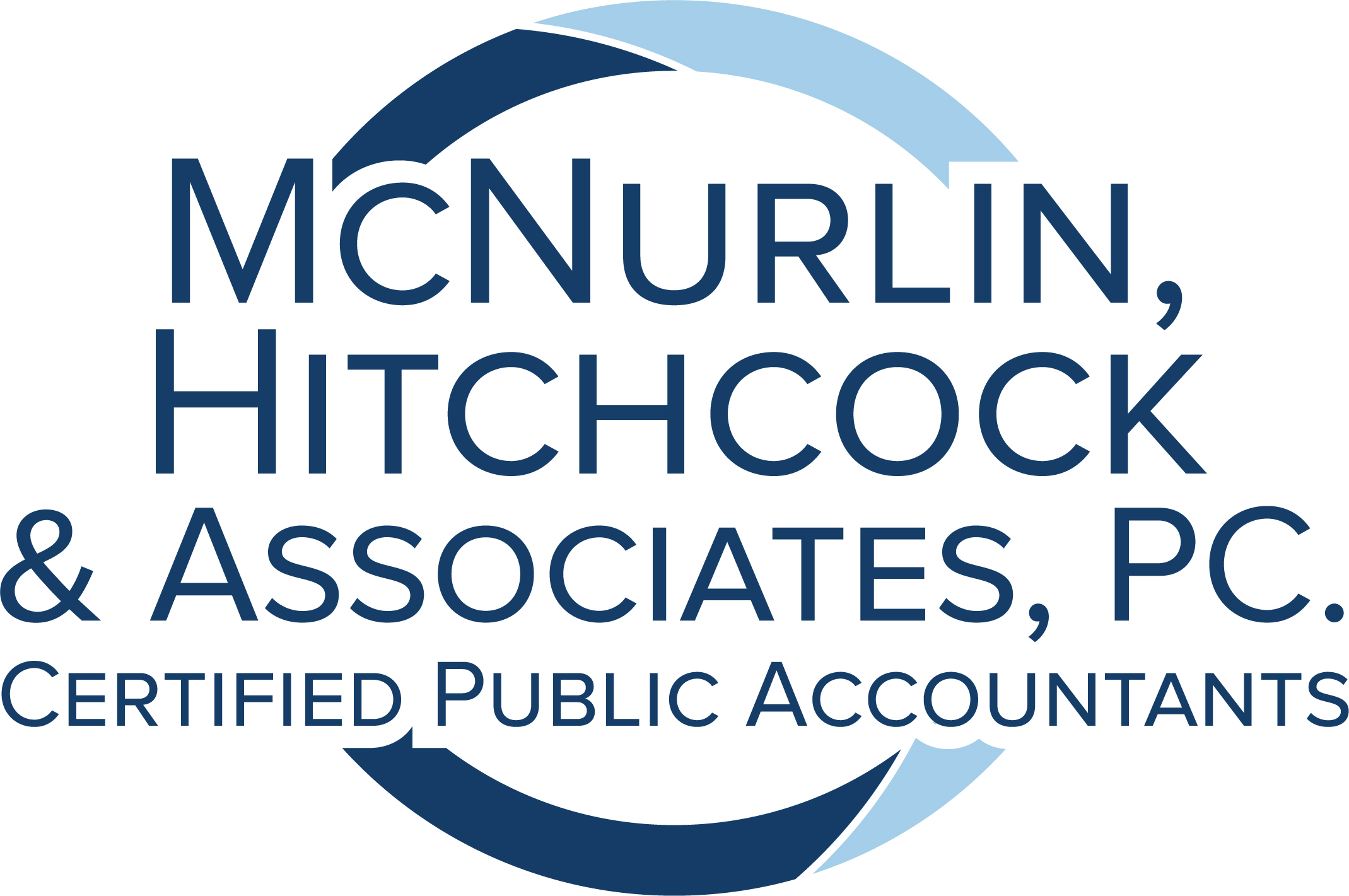Accounts payable and vendor file management
As a business owner or manager, you’re in charge of a lot of tasks, including keeping up with vendors and ensuring that all the bills get paid on time. With so much to do, there are times when things get missed. You need help with your accounts payable and vendor file management. This guide can help you better understand these essential tasks and ways to get help.
What Is Accounts Payable?
Accounts payable is an accounting term used to describe money a business owes to its creditors. The creditors can include vendors, utility companies, loan payments, and mortgage or lease payments.
Some of these creditors are paid on a monthly schedule, such as utility companies, loan repayments, and rent or mortgage payments. Others, such as suppliers, submit an invoice for payment after you receive supplies or services. These bills usually have a due date in 30, 60, or 90 days.
It’s essential that all accounts payable bills are paid on time and that they meet the minimum amount due on them. If you miss a payment, there can be late fees attached to your next bill, and in some cases, it hampers your ability to buy additional supplies and services.
A late payment also hurts your company’s creditworthiness, and this reduces your ability to get credit in the future. You need systems in place to ensure all your accounts payable are kept up to date.
Accounts Payable vs Accounts Receivable
In the simplest of terms, accounts payable includes money that the business owes to others while accounts receivable is the money owed to the business by others. It’s always important for a business to maintain both types of accounts and ensure payments are going into and out of the business on time.
Accounts receivable is important because it directly affects a company’s ability to make its accounts payable payments on time. If the customers of a business aren’t paying on time, the company might not have the cash flow to make their accounts payable payments on their due dates.
Most companies have dedicated staff members to deal with both accounts payable and another working on accounts receivable. These accounts are interdependent on each other and both need to be kept current.
The Importance of File Management, Organization, and Good Bookkeeping
File management, organization, and good bookkeeping are the only way to ensure that your accounts payable bills are paid on time, and the payments are for services and products received. The reason it’s so important includes:
Efficiency
When your records are organized, you don’t waste time and money searching through a pile of bills and purchase orders each day or week to find the ones that need to be paid immediately.
Save Money
File management and excellent organization save you money in two ways. You don’t miss a payment due date and get hit with late fees. Also, by reconciling the purchase order, receipt record, and bill, you don’t pay invoices for products and services your company never received.
Positive Relationship With Vendors
You rely on your vendors to provide you with products, materials, or services that the business needs to make sales and build the customer base. This makes it important to maintain a good relationship with all the vendors, making payments on time goes a long towards creating a happy working relationship.
Issues With Bad File Management
Bad file management can damage a business in a variety of ways. File management is an important asset of a successful business. Here are some issues that can occur with problematic file management:
Damage to the Company's Credit
Your business needs credit to buy materials and supplies or to apply for a short or long-term business loan. If your files aren’t managed correctly, you miss payment due dates. This affects your company’s credit rating and ability to get credit.
Inability to Get Needed Products and Materials
No matter what type of business you run, you need products to sell or materials to build merchandise or run your service. If you don’t pay a vendor or pay them on time, they might refuse to send you more products or materials.
More Stress on Employees
When your staff is trying to pay bills and can’t find the files, it becomes a stressful situation. The accounting department is constantly worrying about missed payments and dealing with unpaid invoices.
